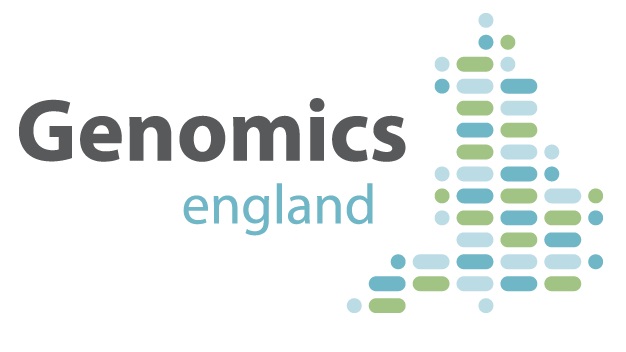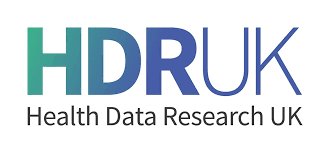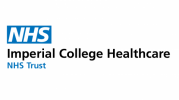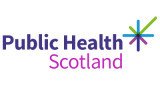University College London: against COVID-19 University
.jpg)
Project: EpiPGX (Epilepsy Pharmacogenomics: delivering biomarkers for clinical use)
http://www.epixchange2018.eu/organisers/epipgx
EpiPGX is a unique pharmacogenomics project which brings together renowned scientists from various academic institutions and SMEs throughout Europe. The project aims to identify genome-based biomarkers for use in clinical practice to individualise treatment of epilepsy, and stratify patients for clinical trials, aiming to avoid chronicity, prevent relapse and reduce adverse drug reactions (ADRs). The project uses genome-wide analyses, including next-generation sequencing, in large, well-phenotyped patient cohorts to identify genome-based biomarkers, to improve use of current antiepileptic drugs (AEDs) and identify new therapy targets. The EpiPGX consortium consists of 15 participating institutions based in different EU member states, headquartered in UCL
Funding Scheme: Collaborative Project
Name, title and organisation of the scientific representative of the project's coordinator: Prof. Sanjay Sisodiya - University College London
E-mail: s.sisodiya@ucl.ac.uk
Affiliation: University College London
Research question: In a population of vulnerable people witth epilepsy, how do host and carer genomics and ethnicity influence infection, disease and transmission?
Study design: We will model in a care home setting detailed information on medical histories, comorbidities, resident-carer interactions, host and viral genomics, SARS-CoV-2 infection/COVID-19 outcomes, to generate a broadly-applicable, flexible instrument that will enable planning for the safest outcomes for residents and carers, whilst maintaining optimum care provision.
Type: Retrospective(n=200), Prospective(n=500)
Genetic analysis: WGS
Assays planned: Viral sequencing, Antibody profiling
Investigators: Sanjay Sisodiya
Working with the global project "The COVID-19 Host Genetics Initiative"
https://www.covid19hg.org/partners/
3. The team have been working in joint partnership with Virology at Imperial College Healthcare NHS Trust; Dr David Muir and Dr Paul Rendell to deliver the pipeline of sequencing data.
UCL is partner of the global project 'COVID-19 Genomics UK (COG-UK) Consortium'
'COVID-19 Genomics UK (COG-UK) Consortium' is a collaboration between the NHS, Public Health England and other UK public health agencies, the Wellcome Sanger Institute, University of Cambridge and other academic institutions.
Project: COVID-19 Genomics UK (COG-UK) Consortium
Research Group: Cardiovascular Epidemiology Unit
Project Description: The COVID-19 Genomics UK (COG-UK) Consortium aims to increase the current capacity for SARS-CoV-2 genetic sequencing in the UK. This sequencing data will be used to understand the epidemiology and spread of the virus, and to monitor and evaluate interventions for COVID-19. SARS-CoV-2 genomic data will be integrated with NHS electronic health records and other existing genomic data to generate insights into susceptibility to COVID-19. From within the DPHPC, Professor John Danesh is a member of the COG-UK Steering Group, Dr Ewan Harrison will serve as the Scientific Project Manager and Dr Michael Chapman will lead the health informatics component.
Contributors:
Leading the sequencing initiative at UCL are:
Professor Judith Breuer, Professor of Virology
Dr Sergi Castellano Hereza, Reader in Genomics
Dr Rachel Williams, Pathogen Genomics Unit Manager
Dr Mark Kristiansen, UCL Genomics Facility Manager
https://www.cogconsortium.uk/about/
4. University College London have been working in joint partnership with Imperial College Healthcare NHS Trust in the COG-UK Hospital-Onset COVID-19 Infections (HOCI) Study; A phase III prospective, interventional, cohort, superiority study to evaluate the benefit of rapid COVID-19 genomic sequencing (the COVID-19 GENOMICS UK project) on infection control in preventing the spread of the virus in United Kingdom NHS hospitals. COG-UK collaborators include Glasgow, Sheffield and Guys and St Thomas’ Trust
5.
Project: COVID-19 Phenomics
Summary: A comprehensive, open-access resource providing the research community with information, tools and phenotyping algorithms for defining COVID-19 related phenotypes in UK electronic health records data.
Partner: HDR UK
6. Project: Risk calculator developed to show how underlying health conditions can affect mortality rates in COVID-19 pandemic Case Study
Summary: Researchers at University College London, University College London NHS Trust, the University of Cambridge and Health Data Research UK have collaborated to find out how underlying health conditions could affect mortality rates during the COVID-19 pandemic. Their health data study has revealed that having an underlying health condition, such as heart disease or diabetes, increases a person’s risk of death fivefold over the next year. The team have developed a prototype online ‘risk calculator’ to show how age, sex and underlying health conditions can affect mortality rates.



.png)
.jpg)











